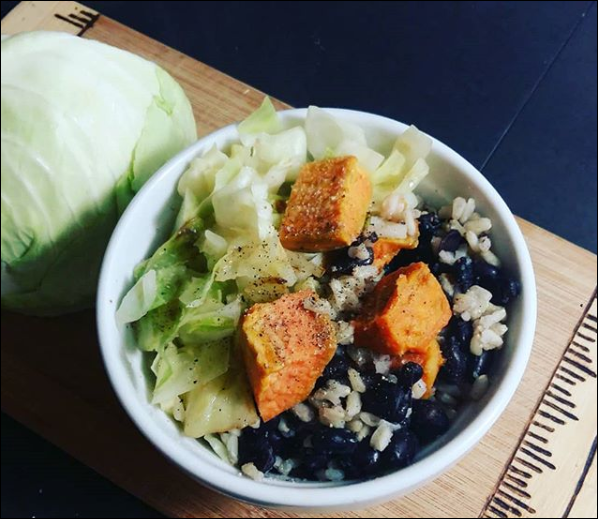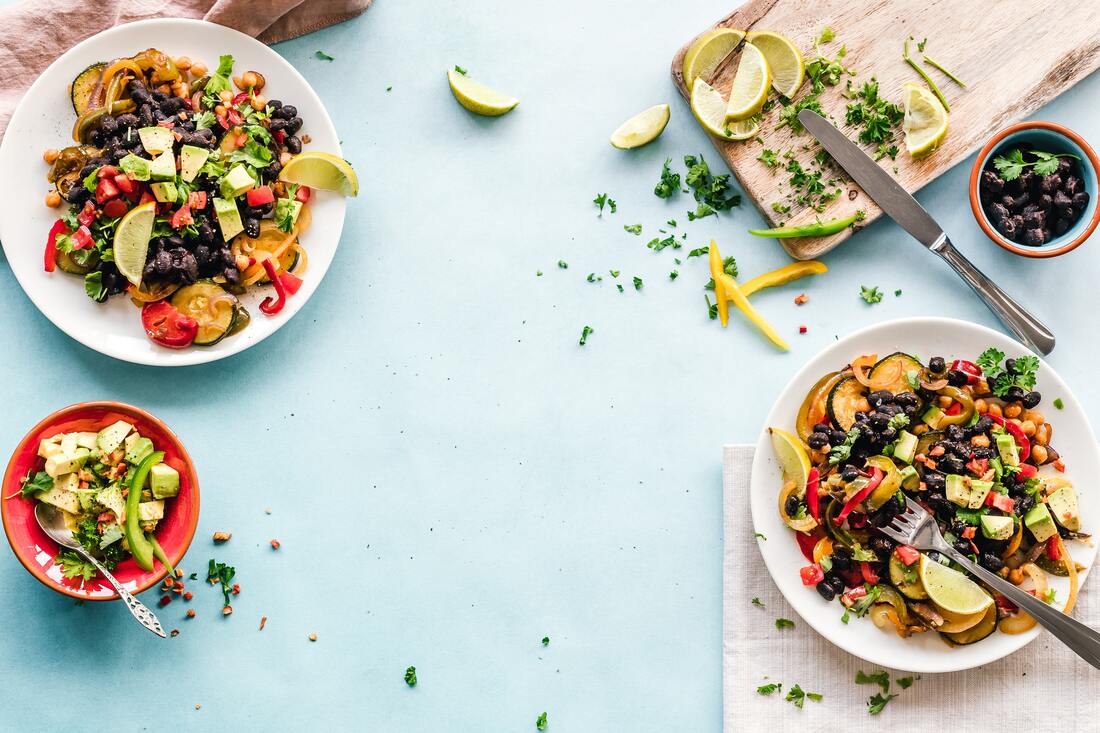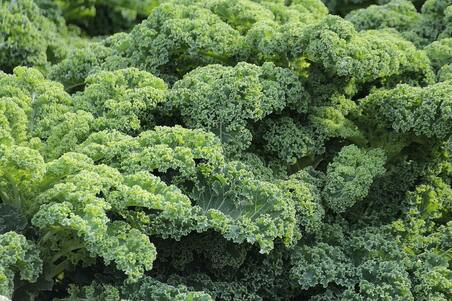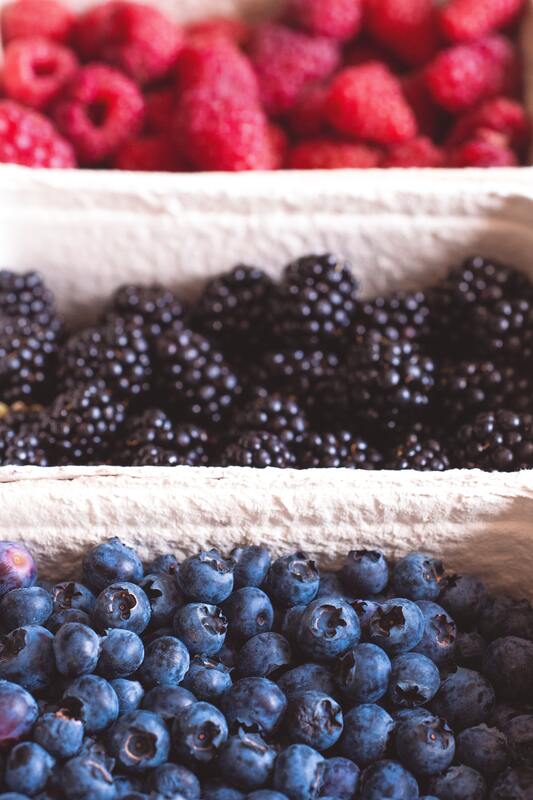All of these foods can help build a strong microbiome and contribute to overall health. .
But cabbage might just be the underdog in this bunch of whole foods, seemingly under appreciated.
Did you know while it may look a lot like lettuce, it actually belongs to the Brassica genus of vegetables, which includes broccoli, cauliflower and kale.
It comes in a variety of shapes and colors, including red, purple, white and green, and its leaves can be either crinkled or smooth.
Cabbage is loaded with vitamins and minerals and even though cabbage is very low in calories, it has an impressive nutrient profile.
In fact, just 1 cup of raw green cabbage contains :
Calories: 22
Protein: 1 gram
Fiber: 2 grams
Vitamin K: 85% of the RDI
Vitamin C: 54% of the RDI
Folate: 10% of the RDI
Manganese: 7% of the RDI
Vitamin B6: 6% of the RDI
Calcium: 4% of the RDI
Cabbage also contains small amounts of other micronutrients, including vitamin A, iron and riboflavin.
As you can see in the list above, it is rich in vitamin B6 and folate, both of which are essential for many important processes in the body, including energy metabolism and the normal functioning of the nervous system.
In addition, cabbage is high in fibre and contains powerful antioxidants, including polyphenols and sulfur compounds.
Antioxidants protect the body from damage caused by free radicals. Free radicals are molecules that have an odd number of electrons, making them unstable. When their levels become too high, they can damage your cells.
This Brassica is especially high in vitamin C, and cruciferous vegetables like cabbage contain many different antioxidants that have shown to reduce chronic inflammation.
It's rich in soluble fibre, which has been studied to increase the number of beneficial bacteria in the gut. This is because fibre is the main fuel source for friendly species like Bifidobacteria and Lactobacilli. This is one of the reasons it make such an amazing ferment!
These bacteria perform important functions like protecting the immune system and producing critical nutrients like vitamins K2 and B12.
So next time you're at the store pick up a cabbage and try it in a simple coleslaw, mix it into a stir fry, or try a traditional cabbage casserole.



